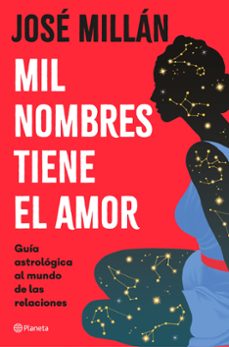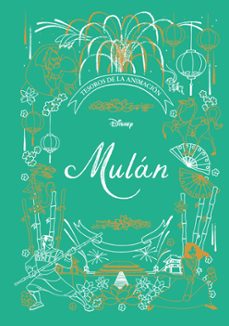📗 Libro en inglés THE BOOK OF LEGENDARY LANDS
QUERCUS- 9780857052964
Sinopsis de THE BOOK OF LEGENDARY LANDS
Umberto Eco explores the most distant realms of our imagination.
In the tradition of On Beauty, On Ugliness and The Infinity of Lists, Umberto Eco presents an enthralling and erudite illustrated tour of the fabled places that have awed and eluded us through the ages.
From the epic poems of Homer to contemporary science fiction, from the Holy Scriptures to modern mythology and fairy tale, literature and art are full of illusory places we have at some time believed are real, and onto which we have projected our dreams, ideals and fears. Umberto Eco leads us on an illuminating journey through these legendary lands - Atlantis, Thule and Hyperborea, the Earth''s interior and the Land of Cockaigne - and explores utopias and dystopias where our imagination can confront concepts that are too incredible, or too challenging, for our limited real world.
In The Book of Legendary Lands the author''s text is accompanied by several hundred carefully assembled works of art and literature; the result is a beautifully illustrated volume with broad and enduring appeal.
In the tradition of On Beauty, On Ugliness and The Infinity of Lists, Umberto Eco presents an enthralling and erudite illustrated tour of the fabled places that have awed and eluded us through the ages.
From the epic poems of Homer to contemporary science fiction, from the Holy Scriptures to modern mythology and fairy tale, literature and art are full of illusory places we have at some time believed are real, and onto which we have projected our dreams, ideals and fears. Umberto Eco leads us on an illuminating journey through these legendary lands - Atlantis, Thule and Hyperborea, the Earth''s interior and the Land of Cockaigne - and explores utopias and dystopias where our imagination can confront concepts that are too incredible, or too challenging, for our limited real world.
In The Book of Legendary Lands the author''s text is accompanied by several hundred carefully assembled works of art and literature; the result is a beautifully illustrated volume with broad and enduring appeal.
Ficha técnica
Editorial: Quercus
ISBN: 9780857052964
Idioma: Inglés
Número de páginas: 480
Tiempo de lectura:
9h 56m
Encuadernación: Tapa blanda
Fecha de lanzamiento: 04/09/2015
Año de edición: 2015
Especificaciones del producto
Escrito por Umberto Eco

Nacido en 1932 en Alessandría (Italia), es catedrático de Semiótica de la Universidad de Bolonia. Mundialmente conocido por sus contribuciones a la filosofía, la estética, la teoría sociocultural, la historia y la crítica literaria, es autor de una veintena larga de obras de investigación y de tres grandes novelas, El nombre de la rosa, El péndulo de Foucault y La Isla del día antes. Galardonado con muchos premios de gran prestigio y honrado con 25 títulos de doctor honoris causa, Umberto Eco intervino en muchas ocasiones en la escena política con actos de protesta y de boicot, por ejemplo en relación con la guerra contra Chechenia. Es fundador de la Escuela Superior de Estudios Humanísticos de Bolonia y de la Asociación Internacional de Semiotica.
Descubre más sobre Umberto Eco Recibe novedades de Umberto Eco directamente en tu email
Opiniones sobre THE BOOK OF LEGENDARY LANDS
¡Sólo por opinar entras en el sorteo mensual de tres tarjetas regalo valoradas en 20€*!






























